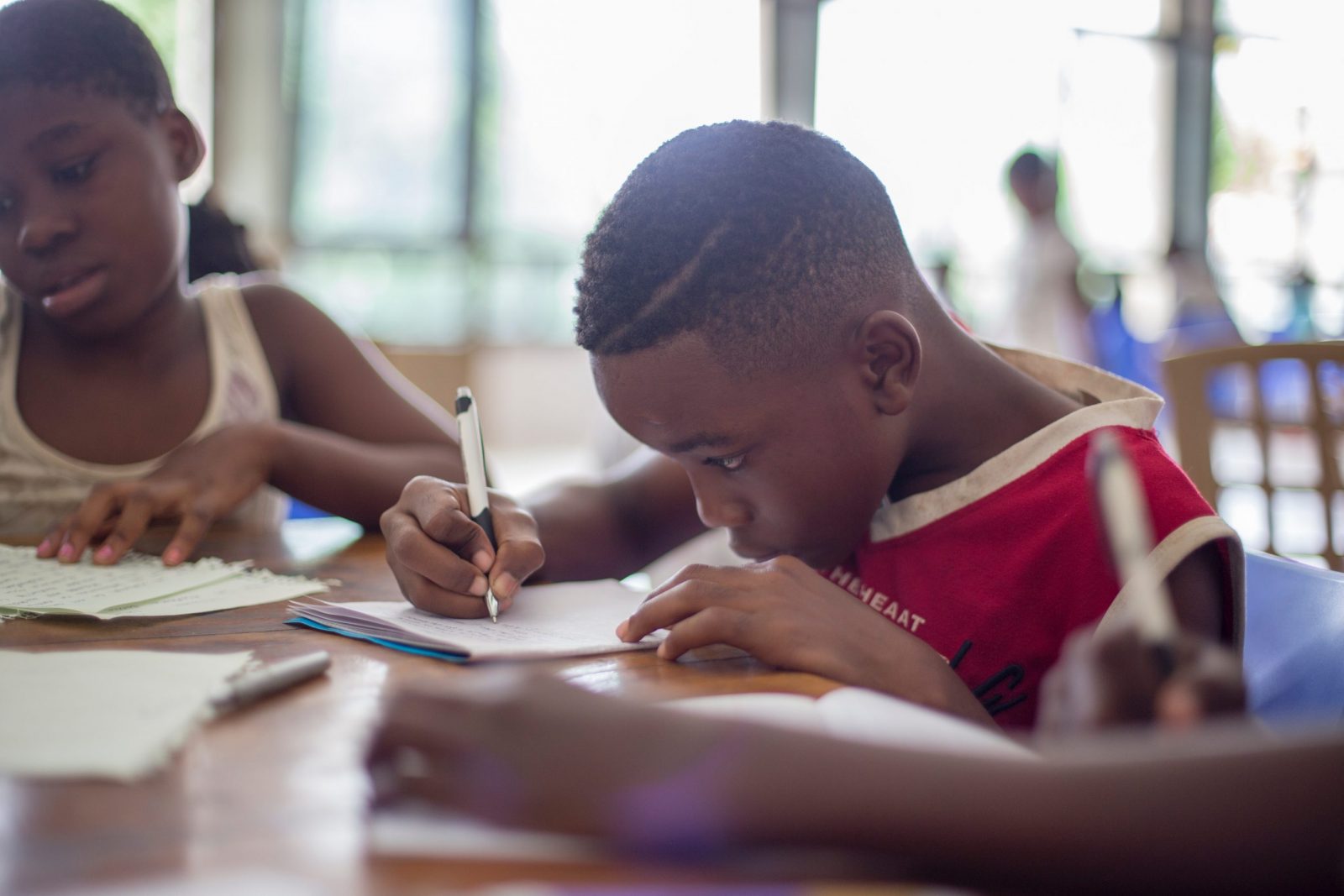Author: Vishwa Patel
Image by Santi Vendrí
Back when tigers used to smoke, everything was paper based. Now, we are in the middle of a whirlpool of tech-dependent-living where ‘virtual is the new real’- and why not? In an era where switching to paperless options is feasible, quick and convenient; there’s barely any competition between manual archiving vs cloud storage, emails vs letters, auto-correct vs dictionaries or google vs encyclopedias. Each year, we come up with more and more smart ways to get things done- ideas and innovation go hand in hand, seemingly governed by intelligence.
In recent years, the positioning of smart technology in the classroom has quietly shifted from a novelty to a necessity. The BYOD- (Bring Your Own Device) culture is rising swiftly in our schools, encouraging students to use their own devices like smartphones, tablets and laptops on campus, thereby exposing them to a more unique, interactive educational experience.
Yet, when I reflect on my own experience moving from a drastically different, paper-based education system to today’s incredible fast-paced digital environment, I honestly feel that my rudimentary skills have lessened. Where my school life previously consisted of teachers bellowing ‘no calculators allowed!’ and carrying an electronic device to school meant a three-day suspension, I now panic about forgetting a calculator on exam day- and my grammar police mind has long settled down, now craving the swift simplicity of autocorrect. Calculating simple equations and scrawling handwritten notes for two hours, non-stop, during my lectures are much harder tasks than they used to be. I believe this is a direct result of switching to a fundamentally ‘digital’ system of learning.
A recent study, in fact, backs up my contention that paperless need not necessarily equate to ‘smart’. Conducted by Dr Anabela Malpique of Murdoch University and Associate Professor Deborah Pino-Pasternak of the University of Canberra, the study involved 154 Grade One students in Western Australia. The researchers found that poor handwriting is correlated to lower literacy and revision, ultimately affecting motivation, writing development and academic success- proving that pen to paper can serve purposes extending far beyond aesthetic means.
These findings are particularly surprising, given that experts already claim that the sense of the tactic feedback a child gains by composing text by hand can literally increase their literacy and spelling skills. Backing this up, University of Washington Professor of Educational Psychology Dr Virginia Berninger says that “handwriting, forming letters- engages the mind, and that can help the children pay attention to written language.”
Indeed, equating good handwriting to intelligence seems a little silly – how many of us have that genius friend who is a reincarnation of Einstein, but who produces completely illegible handwriting, for instance? (fun fact: Agatha Christie had issues with writing and admitted being an ‘extraordinarily bad speller’her entire life!) But the researchers do not claim that good handwriting means students will academically have it all. Their findings simply highlight that for still-developing children, cursive writing can provide spelling and composing advantages far beyond the benefits of typing.
Digitally recording what we learn can be a necessary evil, especially for a busy uni student like myself. But how far can we actually go without physically writing once in a while? If I picture myself in 2015, I see a fifteen-year-old venting about my English teacher making her write the word ‘smaragdine’ twenty times before a spelling bee. Fast forward five years and I now rejoice that thanks to my laptop and smart phone, nobody will see me spell the word ‘piece’ incorrectly while note taking. New technology has made learning faster, easier and more accessible. But we must enable children to also engage in the more organic, ‘traditional’ method of learning illuminated by a simple spell of handwriting – with this balance, we heighten their level of insight and opportunity for success.


Leave a Reply